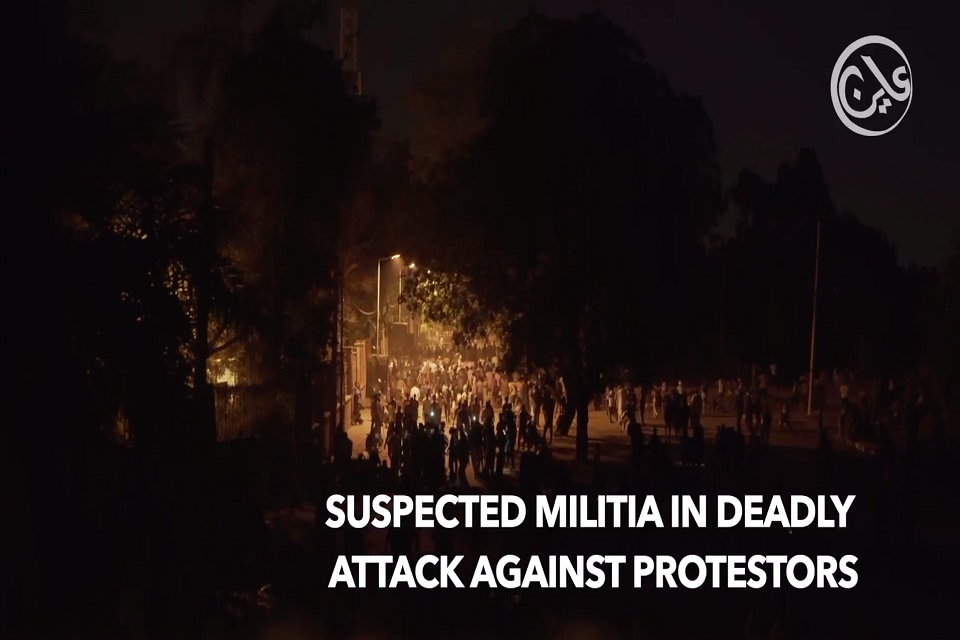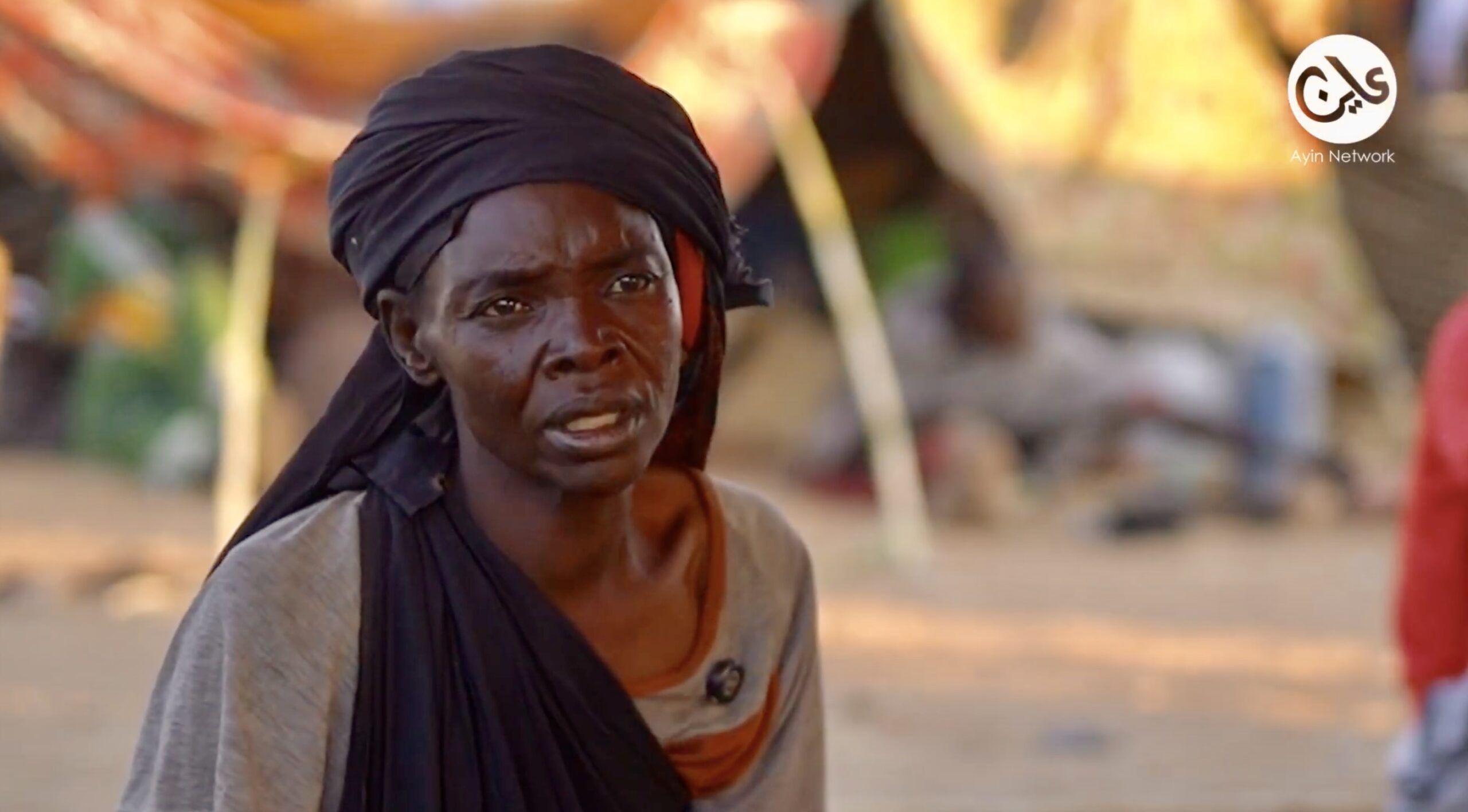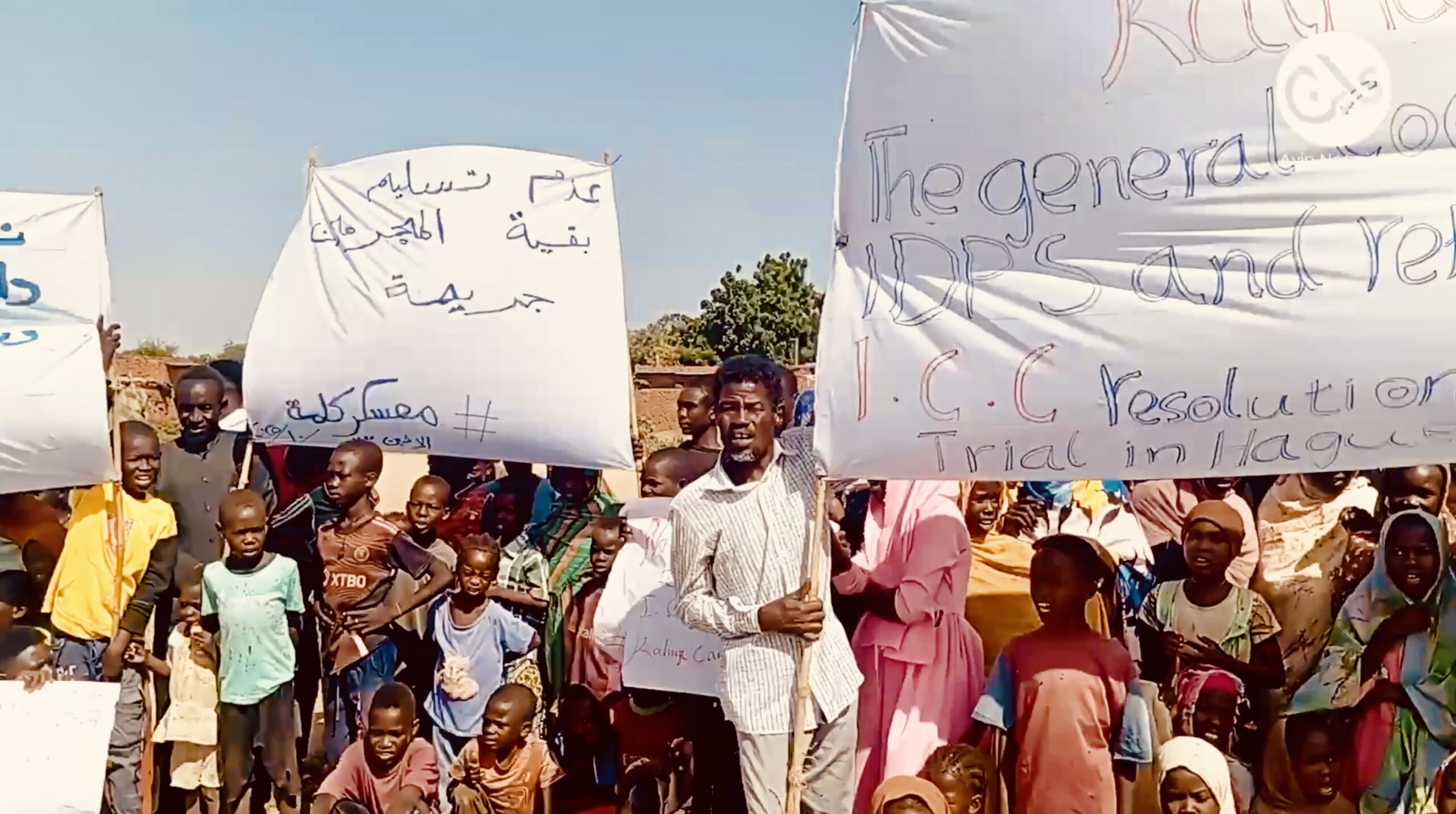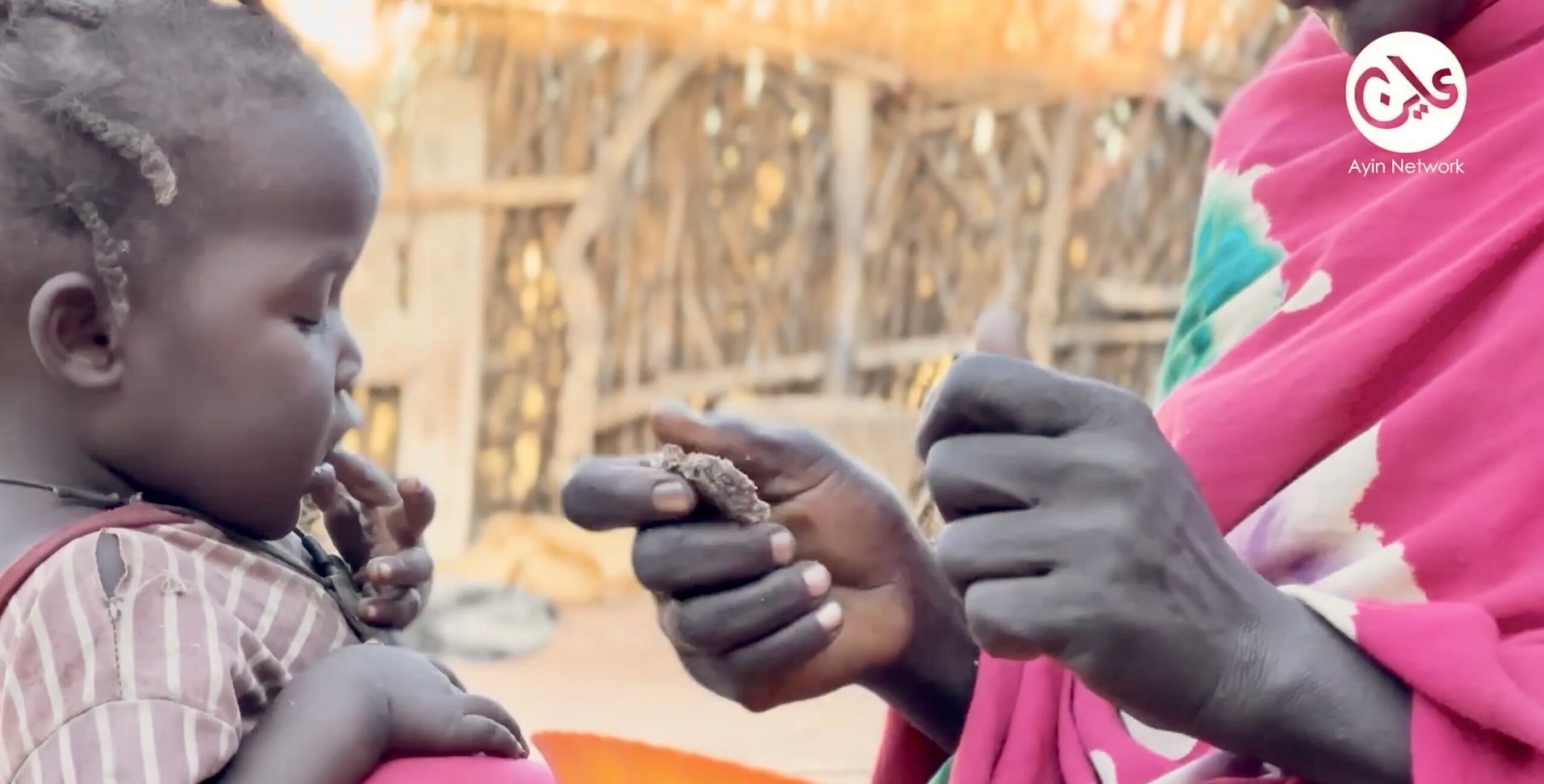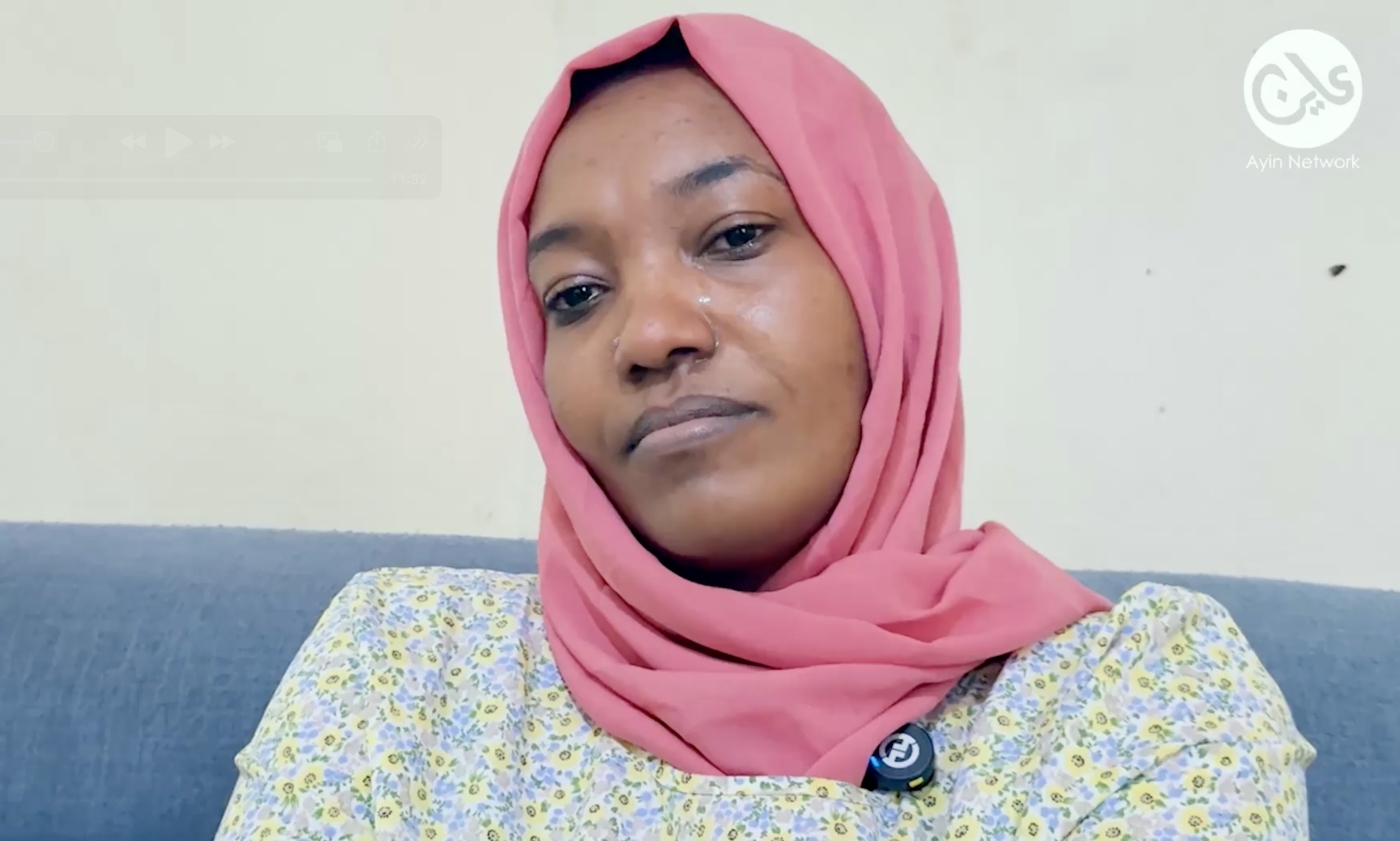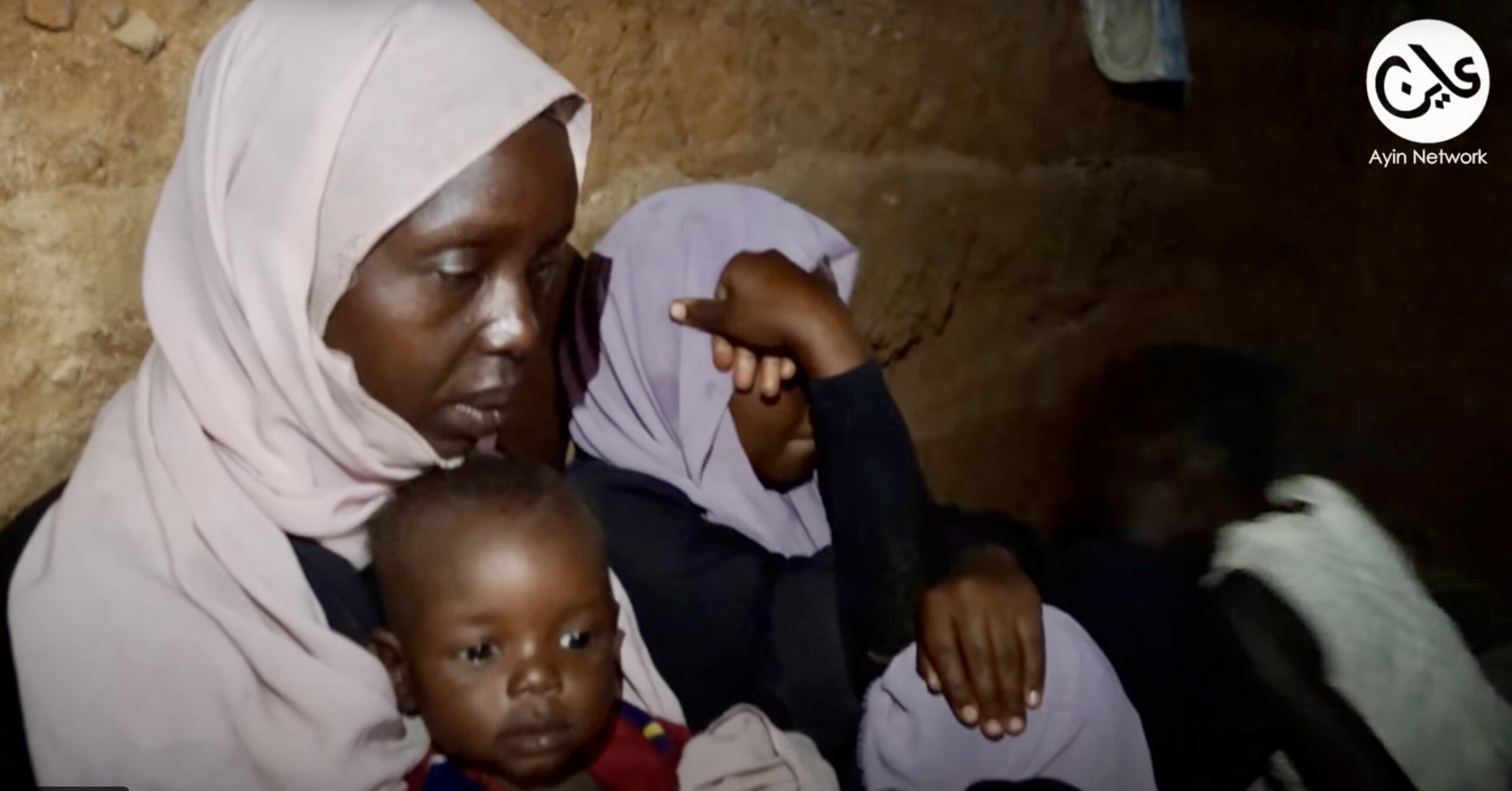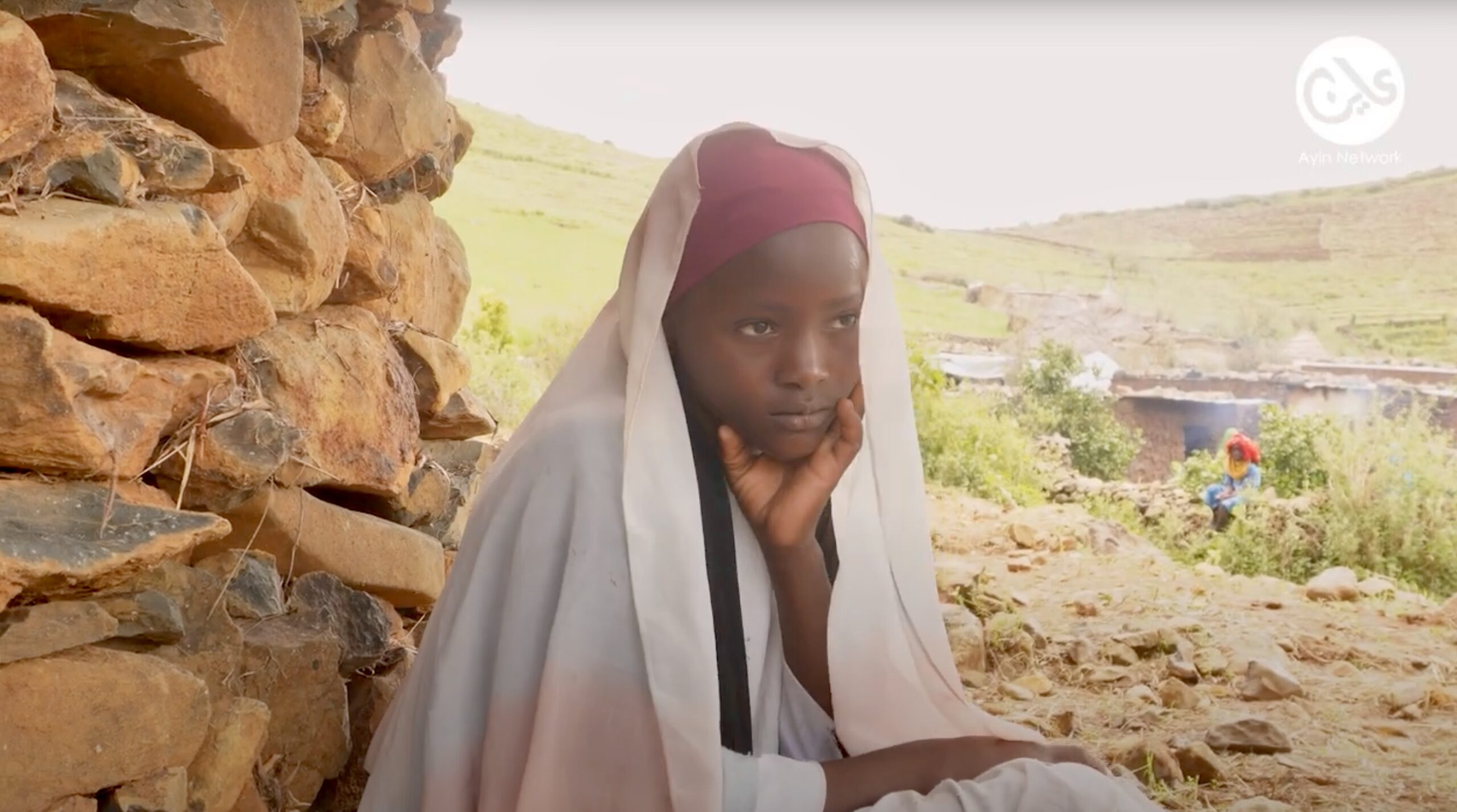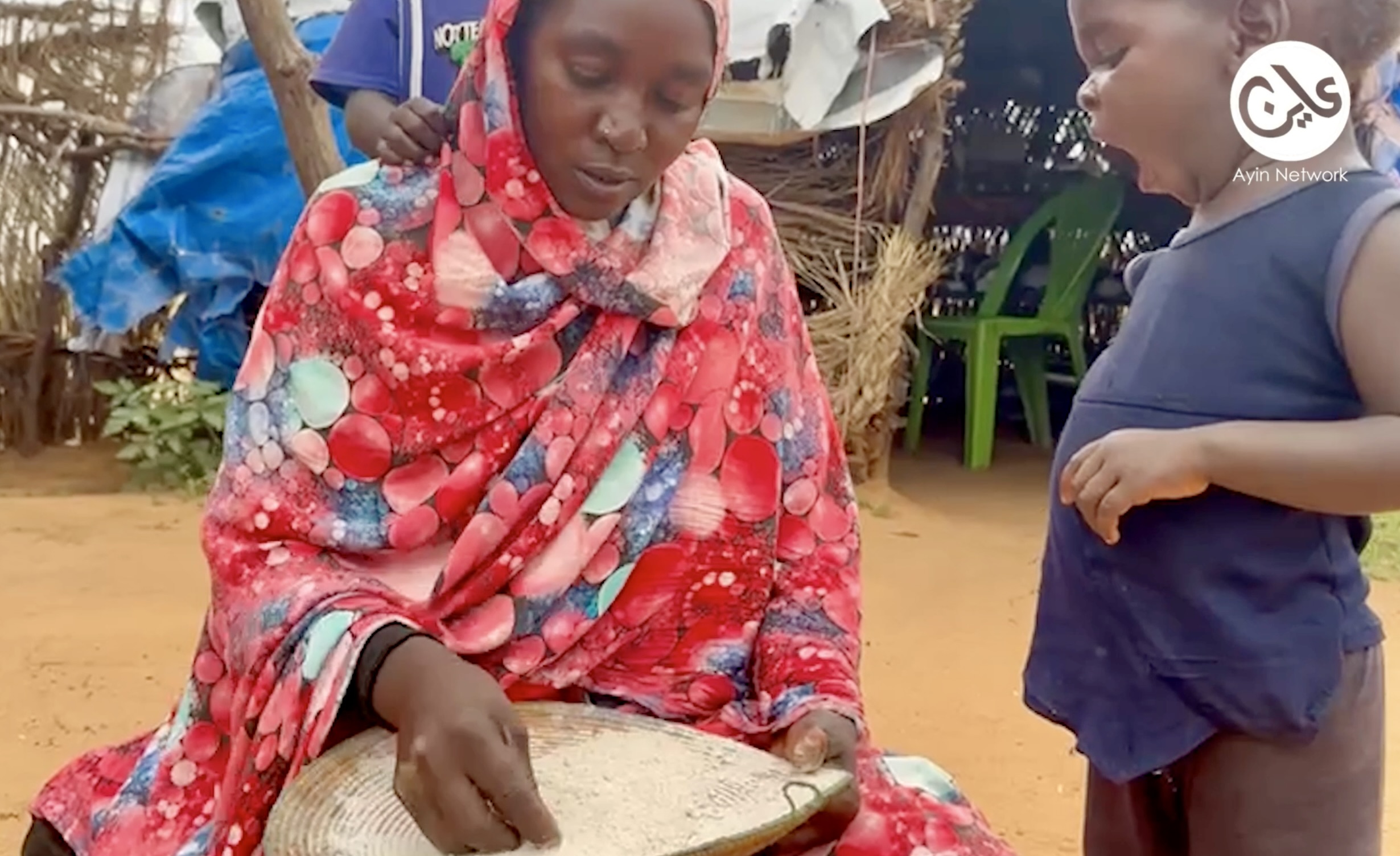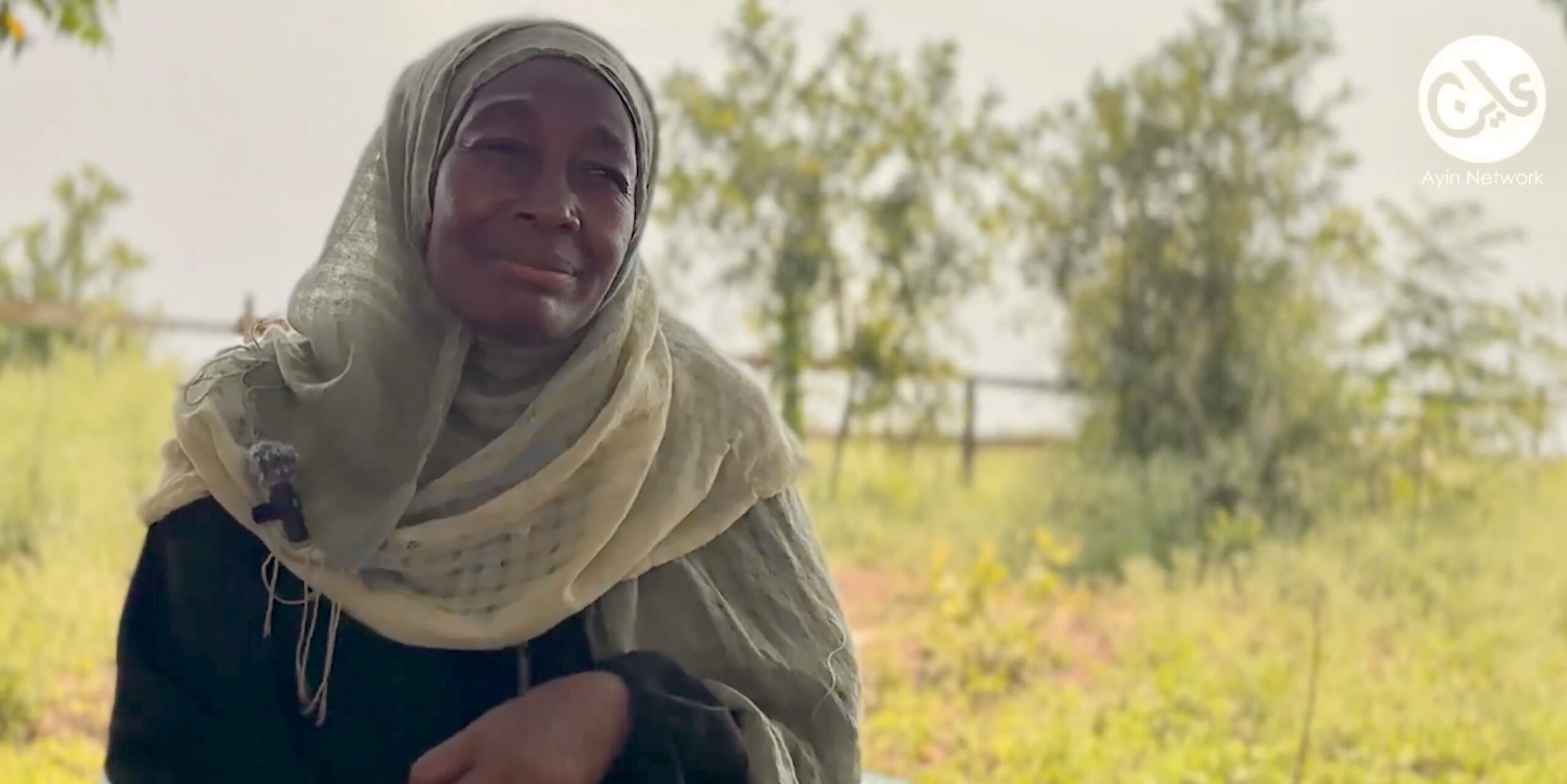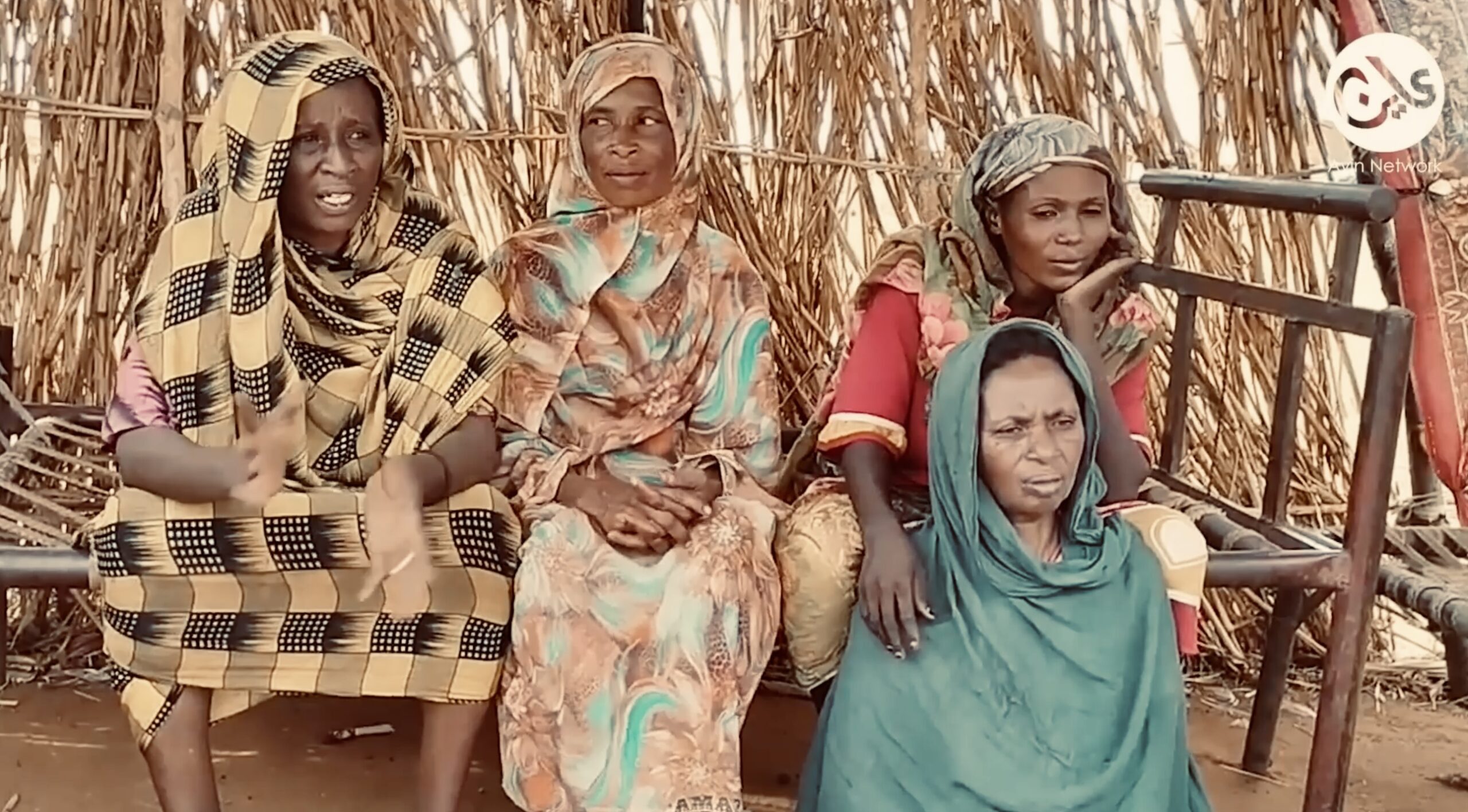Progress in negotiations despite a deadly attack against protestors
Despite a deadly attack against demonstrators in Khartoum, Sudanese protestors under the umbrella Freedom and Change coalition and the Transitional Military Council made an agreement on Tuesday for a transition to civilian government rule.
After a three-year transition period, the civilian government will have 67% of the 300-member parliament and executive powers over the selection of ministers, according to a press conference held in the capital Tuesday. Deliberations over the percentage of military and civilian components in the joint transitional council are ongoing.
Sudan has been ruled by the Transitional Military Council (TMC) since last month’s toppling of President Omar al-Bashir. Protests that led to his downfall continue amid demands for a civilian government
Protestors sitting outside the army headquarters are still unhappy with a violent attack that took place Monday night that many suspect was designed to derail the ongoing negotiations between the Coalition and the Transitional Military Council (TMC)

“We have nothing to do with the power-sharing discussions between the TMC and political parties, we want to bring those perpetrators of the Monday night incident to justice as well as those who killed protestors since December 2018,” said Adam Emad, a protestor at the sit-in site while raising a banner of one of those killed during the civil uprising.
A suspected government-aligned militia killed at least eight people Monday night in a deadly shooting spree around the protest site in Khartoum. Local eyewitnesses believe the attack was made by the Rapid Support Forces (RSF) militia since they wore their insignia on their uniforms and had assaulted protestors earlier in the day.
The RSF, formerly known as the Janjaweed, are led by the deputy head of the military council and used to take direct orders from former president Omar al-Bashir, terrorizing citizenry and rebels alike in Darfur and the Nuba Mountains.
Eyewitnesses saw tanks and heavy weaponry at Nile and University streets near the protest site at the army headquarters where Sudanese citizens have formed a mass sit-in since early April.
One eyewitness at the entrance of Nile Street near the University of Khartoum said gunmen used live ammunition against the protestors, injuring dozens instantly.

“There were many cars from the RSF, like 20 cars, they had come to remove our blockades, but we continue to build our blockades to block the road totally,” said protestor Abdullah Ibrahim. “Today they [the RSF] started to shoot in the air and, after that, the RSF started to shoot people directly”.
According to the Central Committee of Sudanese Doctors, Monday’s death toll has now reached eight people, including one army major. Other medical sources from the field mobile clinics around the sit-in site estimate around 200 injuries from the attack.
“Is the military with the people or against the people?,” queried Dr. Mohamed Salah-al-Din taking a short break on Monday night from treating patients at Molim Hospital. ” I have seen a lot of patient with very bad injuries”

Military Council Spokesperson Shams al-Din Kabbashi confirmed the death of an army major and said 12 other soldiers were wounded. The spokesperson denied any army involvement during a press conference, claiming a third party had infiltrated the protests and targeted civilians and army officers alike.
The National Intelligence and Security Service (NISS) also issued a statement denying reports about their involvement in the attack. The flare-up of violence Monday night also came as the prosecutor general’s office said al-Bashir had been charged over the killing of protestors during the mass protests.
Despite potential progress in the negotiations, protestors remain steadfast at the site to ensure a genuine political transition to civilian rule. Protestors have expanded barricades, blocking roads to the protest site, including those linking three bridges to Khartoum and Bahri in Khartoum North.




